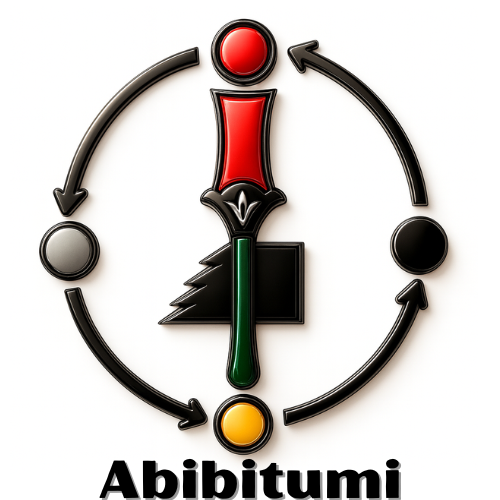-
WHAT WE SPEAK IS DEEPER THAN WHAT IS CALLED LANGUAGE
Leleme (Sesotho)/Ulwimi & Ulimi(Nguni) literally meaning ‘tongue’ is the word we use to distinguish one intelligible articulation of speech from another i.e. its verbal forms/word formations as facilitated by the different movements and positions of tongue in the mouth, and grammatical structure. This is called in English ‘language’ derived from the Latin word ‘lingua’ literally meaning ‘tongue’. But this word we only use for distinction purposes and not to refer to what people speak. What people speak we call ‘Puo’ which is way deeper than this mechanism of articulation called Leleme/Ulwimi/Language. While the word ‘puo’ is also being used in the context of language, my Basotho people go deeper on it to mean more than just language. when my Basotho people say “Re a fapana ka puo” (“We differ in ‘Puo’) they are not referring to language, they are referring to thoughts/understandings/concepts/purposes/discourses posed apart. When we speak, we therefore don’t speak languages, we declare that which is in us that precedes this mode of intelligible articulation we call language that is simply used to communicate images our cultures contain which are wordless representations of what we are foreground in spirito-culturally and experiencially. This is ‘Puo’. This is what we speak!!! ‘Puo’ is ‘Peo’ (seed) germinating through ‘Leleme’/’Language’. This further means we speak ‘Semelo’/Our Essence out. We ‘bua’/’speak’. Interestingly we also have the word for ‘dissect’ which is ‘buwa’. Everytime we are communicating ‘Puo’ we are simultaneously performing surgery on ourselves and speak from what we see/read in us. We speak from what is way deeper than what the tongue does.
– Itumeleng Makale
3 Comments

